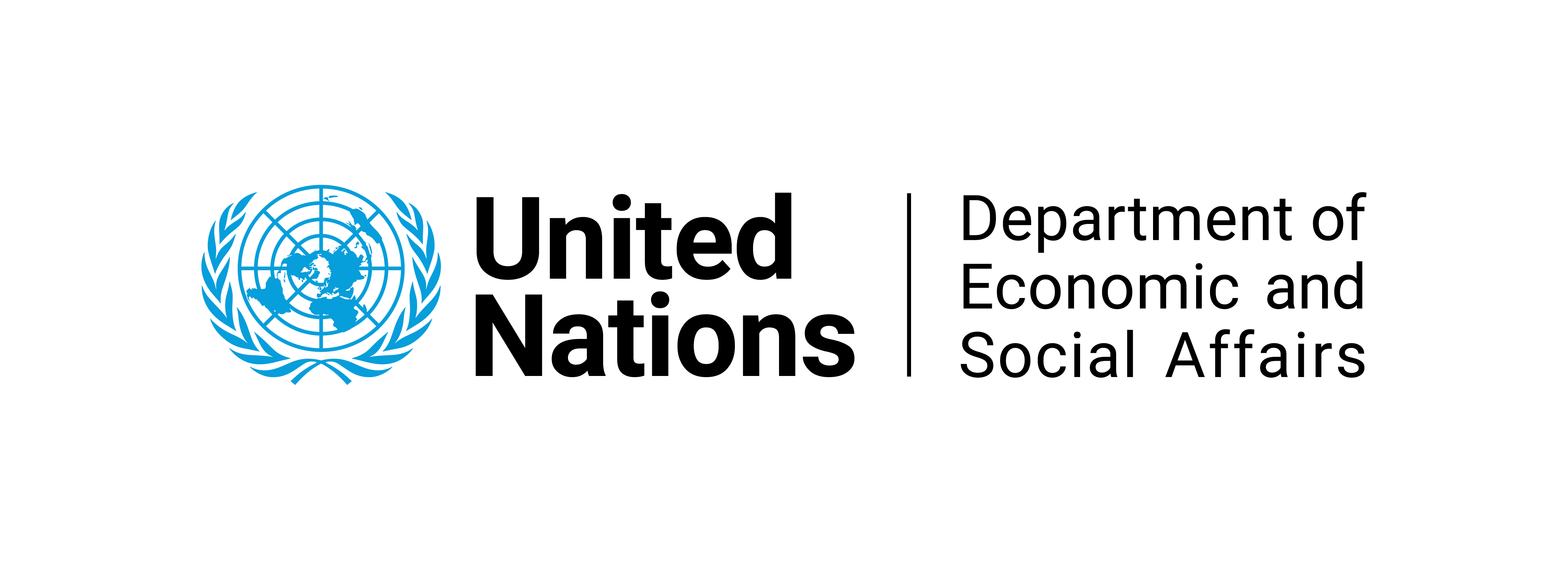17.6 Statistical Programmes of UN Specialized Agencies#
17.6.1 Overview#
The UN specialized agencies (cards) included here are:
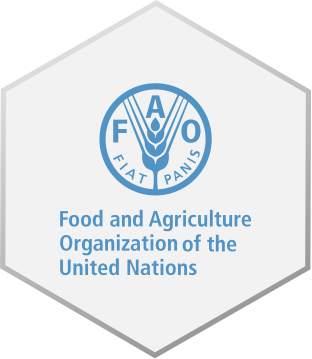
Food and Agriculture Organization of the United Nations (FAO)
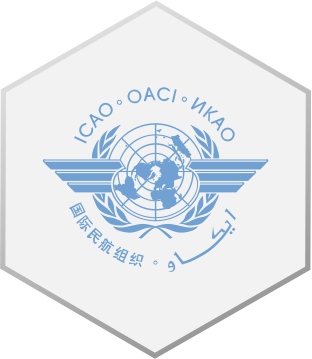
International Civil Aviation Organization (ICAO)
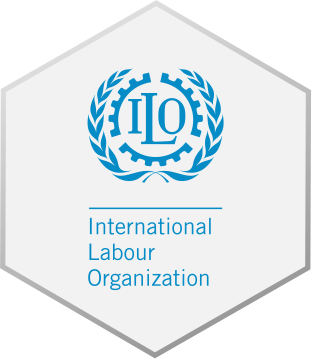
International Labour Organization (ILO)
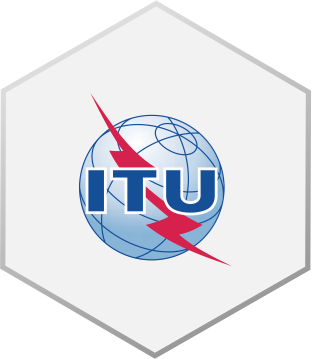
International Telecommunication Union (ITU)
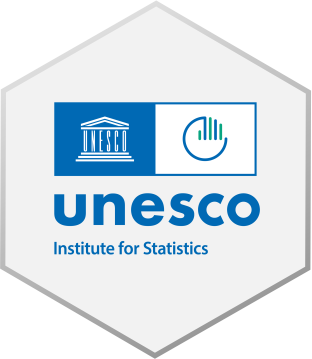
UNESCO Institute for Statistics (UNESCO-UIS)
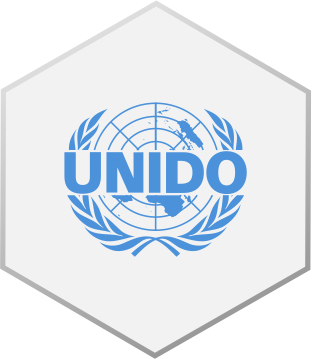
United Nations Industrial Development Organization (UNIDO)
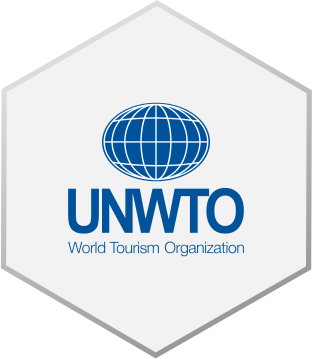
World Tourism Organization (UNWTO)

Universal Postal Union (UPU)
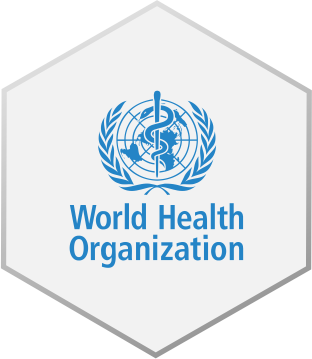
World Health Organization (WHO)
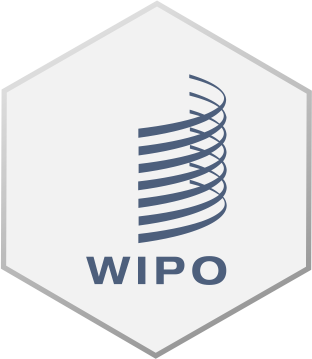
World Intellectual Property Organization (WIPO)
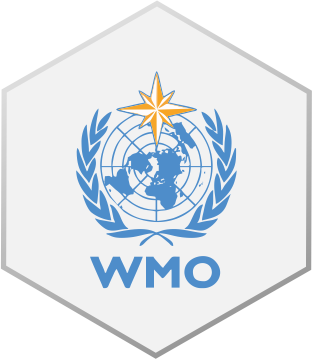
World Meteorological Organization (WMO)
17.6.2 Food and Agriculture Organization of the United Nations (FAO)#
Founded in 1945, the Food and Agriculture Organization (FAO) is a specialized agency of the United Nations that leads international efforts to defeat hunger. Its goal is to eradicate hunger, food insecurity, and malnutrition; eliminate poverty; promote progress in the form of economic and social development; and foster the sustainable management and utilization of natural resources to benefit present and future generations.
Statistics is a core component of FAO’s overall mandate and strategic goals. The FAO Constitution (Article 1 paragraph 1) states that the Organization’s function is to ‘collect, analyse, interpret and disseminate information relating to nutrition, food and agriculture.’
17.6.3 International Civil Aviation Organization (ICAO)#
The International Civil Aviation Organization (ICAO) is a UN specialized agency, established by States in 1944 to manage the administration and governance of the Convention on International Civil Aviation (Chicago Convention) (🔗). ICAO works with the Convention’s 193 Member States and industry groups to reach consensus on international civil aviation Standards and Recommended Practices and policies in support of a safe, efficient, secure, economically sustainable and environmentally responsible civil aviation sector.
Article 55 of the Convention on International Civil Aviation (Chicago Convention) specifies the importance of conducting research and studies “into all aspects of air transport and air navigation which are of international importance, communicate the results of its research to the contracting States…”. ICAO’s work on Big Data and the dissemination of the analytical results is carried out, keeping in mind this requirement of the Chicago Convention.
17.6.4 International Labour Organization (ILO)#
The only tripartite United Nations agency, the ILO, founded in 1919, brings together governments, employers and workers of 187 member States, to set labour standards, develop policies and devise programmes promoting decent work for all women and men.
The ILO fulfils multiple roles in relation to statistics on work and the labour market. International statistical standards on work are adopted through the tripartite International Conference of Labour Statisticians (ICLS) which has been meeting since 1923 and currently convenes once every 5 years and is hosted by the ILO.
The ILO Department of Statistics promotes and supports the wide implementation of statistical standards and provides high-quality information on decent work through a wide-ranging programme of technical assistance and capacity building activities, supported by its network of regional labour statisticians.
In addition, the ILO hosts the leading global database of statistical information on work and the labour market, ILOSTAT and produces a range of statistical publications on decent work and related issues.
17.6.5 International Telecommunication Union (ITU)#
The ITU is the United Nations specialized agency for information and communication technologies (ICTs). Founded in 1865 to facilitate international connectivity in communications networks, ITU allocates global radio spectrum and satellite orbits, develops the technical standards that ensure networks and technologies seamlessly interconnect, and strives to improve access to ICTs to underserved communities worldwide.
ITU is the official source for global ICT statistics. ITU’s work on statistics originated in 1973, when member states attending the World Administrative Telegraph and Telephone Conference in Geneva, instructed the ITU to publish telecommunication statistics, and a “Yearbook of Common Carrier Telecommunication Statistics”, in addition to several other telephone and telegraph indicators.
17.6.6 United Nations Educational, Scientific and Cultural Organization Institute of Statistics (UNESCO-UIS)#
Founded in 1999, the UNESCO-UIS is the official and trusted source of internationally comparable data on education, science, culture and communication. As the official statistical agency of UNESCO, the UIS produces a wide range of indicators by working with national statistical offices, line ministries and other statistical organizations. To produce these indicators, the Institute develops the international standards, methodologies and capacity-building tools needed by countries to improve data quality and use at the national and global levels.
The UIS has been tasked with producing data needed to monitor progress towards the UN’s Sustainable Development Goal on education (SDG 4), as well as key global targets related to science, culture and communications. The Education 2030 Framework for Action (🔗) recognizes the UIS as “the official source of cross-nationally comparable data on education” and has given the Institute the mandate to “work with partners to develop new indicators, statistical approaches and monitoring tools to better assess progress across the targets related to UNESCO’s mandate.”
17.6.7 United Nations Industrial Development Organization (UNIDO)#
UNIDO is the United Nations’ specialised agency for industrial development, promoting productive activities to reduce income poverty and contribute to environment-friendly technology of industrial production. Founded in 1966, UNIDO’s mandate is to help the Member States promote and accelerate inclusive and sustainable industrial development (🔗). UNIDO’s mandate is fully integrated in-line with SDG-9, which calls to “Build resilient infrastructure, promote inclusive and sustainable industrialization and foster innovation”.
UNIDO’s statistics mandate is to produce reliable and internationally comparable industrial statistics for the use of international knowledge institutions.
17.6.8 World Tourism Organization(UNWTO)#
The UNWTO, established in 1974, is the United Nations agency responsible for the promotion of responsible, sustainable and universally accessible tourism.
The United Nations recognizes the World Tourism Organization as the appropriate organization to collect, analyse, publish, standardize and improve the statistics of tourism, and promote the integration of these statistics within the sphere of the United Nations system.
17.6.9 Universal Postal Union (UPU)#
The UPU was established in 1874 to ensure universal access to affordable public postal services of the highest standard.
UPU is the official source for global postal statistics. Its first statistical yearbook was published in 1877– a time series for certain indicators dating back to 1875. Thus, it has the longest tradition in publishing official statistics among international organizations.
17.6.10 World Health Organization (WHO)#
Its 1946 Constitution establishes that the objective of the WHO “shall be the attainment by all peoples of the highest possible level of health” to guarantee the enjoyment of the highest attainable standard of health as a fundamental right of every human being without distinction of race, religion, political belief, economic or social condition. The thirteenth general programme of work summarizes WHO’s mission to promote health, keep the world safe and protect the vulnerable.
WHO’s statistics mandate is drawn from the 1946 WHO Constitution that stipulates as a core function of the Organization “to establish and maintain such administrative and technical services as may be required, including epidemiological and statistical services”.
17.6.11 World Intellectual Property Organization (WIPO)#
WIPO, established in 1967, is the global forum for intellectual property (IP) services, policy, information and cooperation. WIPO’s mission is to lead the development of a balanced and effective international IP system that enables innovation and creativity for the benefit of all.
Reliable intellectual property (IP) statistics are an important tool in understanding policy, business, and technology trends worldwide. WIPO cooperates with IP offices from around the world to provide the most up-to-date global IP data. WIPO also publishes statistical reports on worldwide IP activity and on the use of WIPO-administered treaties in protecting IP rights internationally.
17.6.12 World Meteorological Organization (WMO)#
The general mandate of the WMO, established in 1950, is international cooperation for the development of meteorology, climatology and operational hydrology and their application. WMO provides the framework for such international cooperation.
WMO provides statistics on climate on various times scales ranging from monthly to annual and decadal and multi-decadal.
